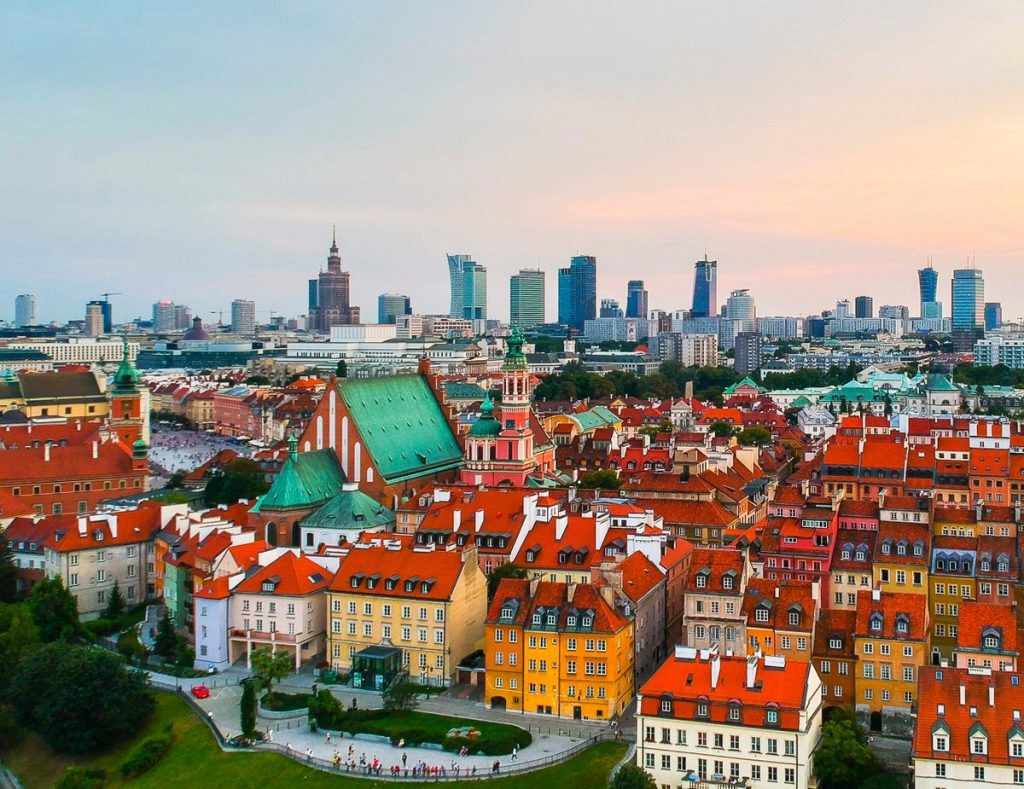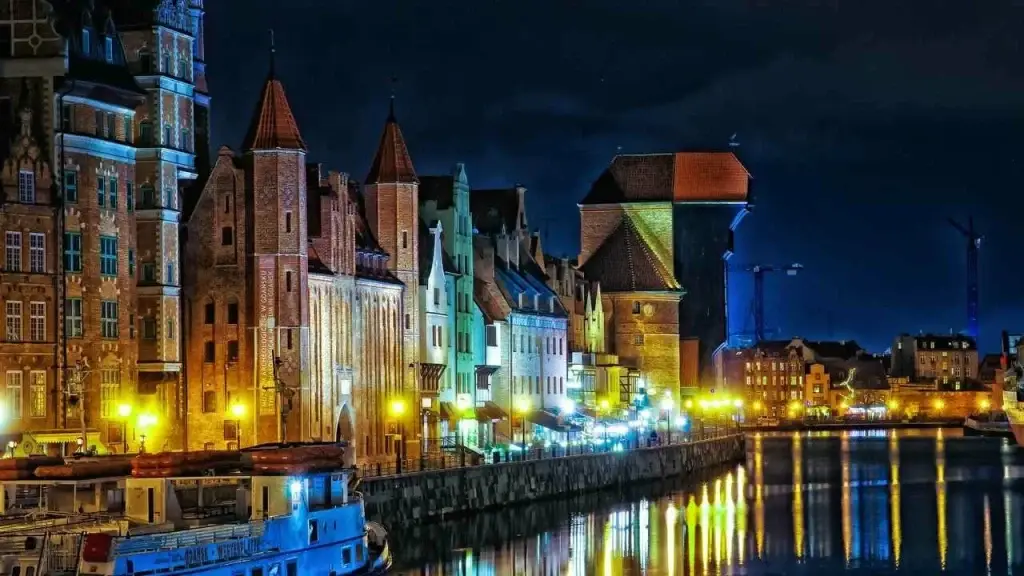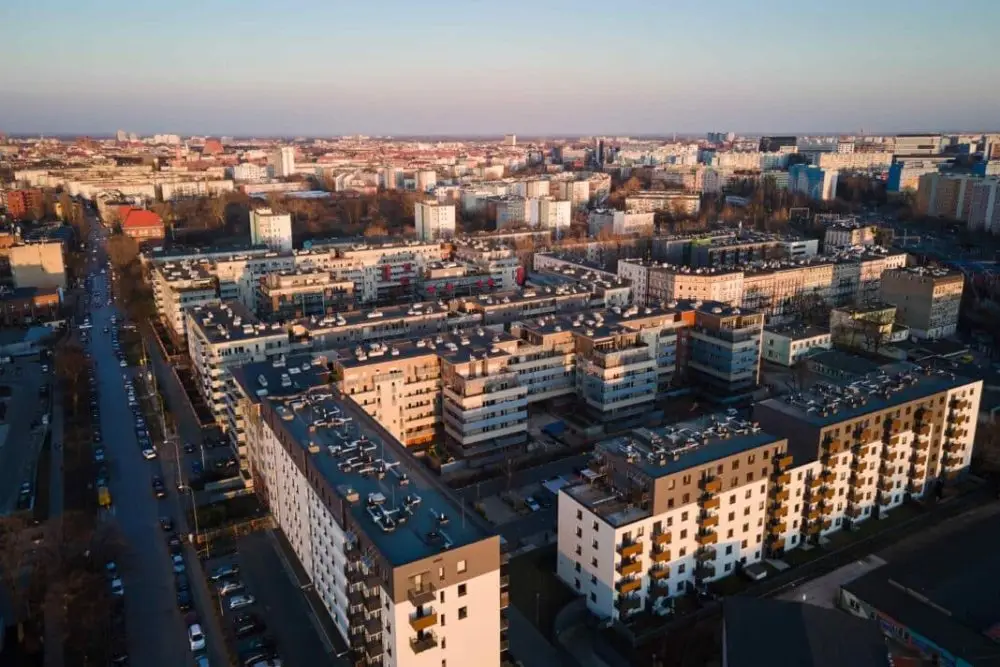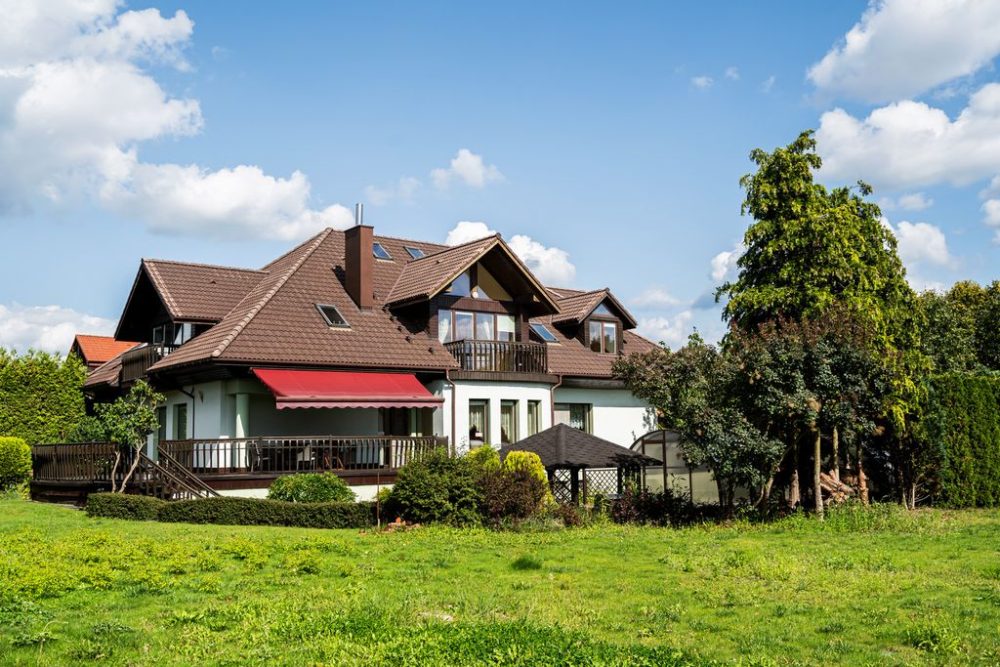Poland attracts investors from all over the world by offering favourable conditions for obtaining permanent residence and citizenship. In recent years, this process has become more accessible and understandable thanks to a variety of programmes and support from the Polish authorities. It is possible to move to Poland for permanent residence through several types of investments, starting with the purchase of property and ending with the registration of a business. It is important to learn all the steps, requirements and conditions to make this process as easy and profitable as possible. В

Advantages of moving to Poland for permanent residence for investors
Moving to Poland for permanent residence through investment is a chance to gain stability, confidence in the future and access to huge business opportunities in the EU. The country is located in the very centre of Europe, which makes it an ideal place for those who want to scale up and enter international markets. The state also offers low taxes for businessmen and investors, as well as a high quality of life.
One of the main advantages is the open route to the European Union, which offers visa-free access to 27 countries, including Germany, France, the UK and other major economic centres. By taking advantage of programmes to move to Poland for permanent residence, an investor receives not only economic benefits, but also a large number of rights and freedoms available to EU citizens.
The tax system here attracts entrepreneurs with moderate rates. For example, the profit tax rate for small and medium-sized companies is 19%, which is significantly lower than in some other EU countries. For some types of activities, tax incentives and subsidies from the Polish government may be applied. Poland actively supports startups and innovative companies, providing grants and subsidies for those who create new jobs and develop the country’s economy.
It is also a country with high quality health care, excellent living conditions, high security and cleanliness. Salaries are growing here, and the convenient location and extensive transport network make the territory convenient for permanent residence. Taking into account the totality of factors – moving to Poland for permanent residence is attractive for foreign investors.
Investment programmes for obtaining residence permit and permanent residence in Poland
 One of the most popular ways to move to Poland for permanent residence is to participate in an investment programme. Depending on the amount and type of investment, various options for obtaining residency status are possible. It can be buying property, starting a business, buying government bonds or other forms of investment activity. All programmes have clear criteria and deadlines within which the required conditions must be met:
One of the most popular ways to move to Poland for permanent residence is to participate in an investment programme. Depending on the amount and type of investment, various options for obtaining residency status are possible. It can be buying property, starting a business, buying government bonds or other forms of investment activity. All programmes have clear criteria and deadlines within which the required conditions must be met:
- Buying a property: the investment amount starts from 300,000 euros, depending on the region and type of property. This investment can provide not only a residence permit, but also a stable rental income.
- Business registration: starting a company in the country requires an investment of between 100,000 and 500,000 euros, depending on the field of activity. Entrepreneurs can obtain a residence permit for up to 2 years with the possibility of extension.
- Buying government bonds: this method involves purchasing at least 1 million euros worth of Polish government bonds, which guarantees a residence permit for up to 5 years.
Depending on the option chosen, the investor must provide a certain package of documents, including a business plan (if starting a company), information on income and sources of funds, and proof of investment. All this is done to show that the person intends to contribute to the country’s economy and will contribute to its development.
What documents you need to move to Poland for permanent residence
What documents do I need to move to Poland for permanent residence? The answer to this question depends on the chosen investment programme and specific conditions. In order to start the process of obtaining a residence permit, it is necessary to prepare a package of documentation including several mandatory elements:
- Passport valid at the time of application, with copies of all pages, and photographs for identification.
- Copies of bank accounts, tax returns or other documents proving the availability of funds for investment. This may be a bank statement or income document.
- The investor must provide evidence that the funds for the investment are legitimate and not related to criminal activity. This can be, for example, a contract with a partner or a property transaction document.
- To apply for a residence permit through the establishment of a business, it is necessary to submit a business plan, which will be evaluated by the Polish authorities.
- Health insurance, which should cover all possible costs of medical treatment in Poland for the duration of the visa.
- Documents proving residence in the country: rented accommodation, signed contract or proof of real estate.
It is important that all documents are translated into Polish and fulfil the requirements set out in the visa application instructions.
Step-by-step instructions: how to apply for permanent residence in Poland
The application process to move to Poland for permanent residence includes several stages, each of which has its own peculiarities and requirements:
- Choosing the type of investment. First you need to choose which investment programme to use to obtain a residence permit. This can be buying property, setting up a business or other options.
- Document preparation. All necessary materials, including proof of financial solvency, health insurance and proof of source of income, must be gathered in advance.
- Submission of the application to the consulate or immigration authorities. The application for a residence permit is submitted to the Polish consulate in the country of residence. In some cases, an interview will be required.
- Waiting for a decision. After submitting the documents, it remains to wait for a decision from the Polish authorities. This may take several months, depending on the programme.
- Obtaining a residence permit and starting to live in Poland. After the application is approved, the investor will receive a visa to reside in Poland for up to 2 years with the possibility of extension.
- Transition to PML. After several years of permanent residence, it is possible to apply for permanent residence by providing evidence that all conditions for permanent status have been met.
These steps can vary slightly depending on the type of investment, so it is important to consult with immigration experts beforehand.
How to obtain citizenship in Poland through investments
One of the main conditions for citizenship is to have a stable source of income, as well as active participation in the economic life of the country. For example, for those who have established a successful business, it is important to prove that the company generates income and provides jobs.
Testimonials from real investors: is it worth moving to Poland for permanent residence?
Testimonials from real investors who have already gone through the process of obtaining a residence permit often emphasise several key factors that influenced their choice. In most cases, people are pleased with the low taxes, high-quality infrastructure and business development opportunities.
Many note that the move gave them access to European markets and allowed them to scale their firms into new territories. Investors who have purchased property also emphasise that the housing market in Poland continues to grow, providing additional profit opportunities.

Conclusion
 Moving to Poland for permanent residence means a better quality of life and a chance to develop your business in a stable and economically favourable environment. The country, thanks to its location in the centre of Europe, dynamically developing economy and favourable tax system, is an attractive option for investors wishing to enter European markets and secure a better future for themselves.
Moving to Poland for permanent residence means a better quality of life and a chance to develop your business in a stable and economically favourable environment. The country, thanks to its location in the centre of Europe, dynamically developing economy and favourable tax system, is an attractive option for investors wishing to enter European markets and secure a better future for themselves.
 en
en  de
de  ar
ar  es
es  nl
nl  hi
hi  fr
fr  it
it  pt
pt  el
el 









